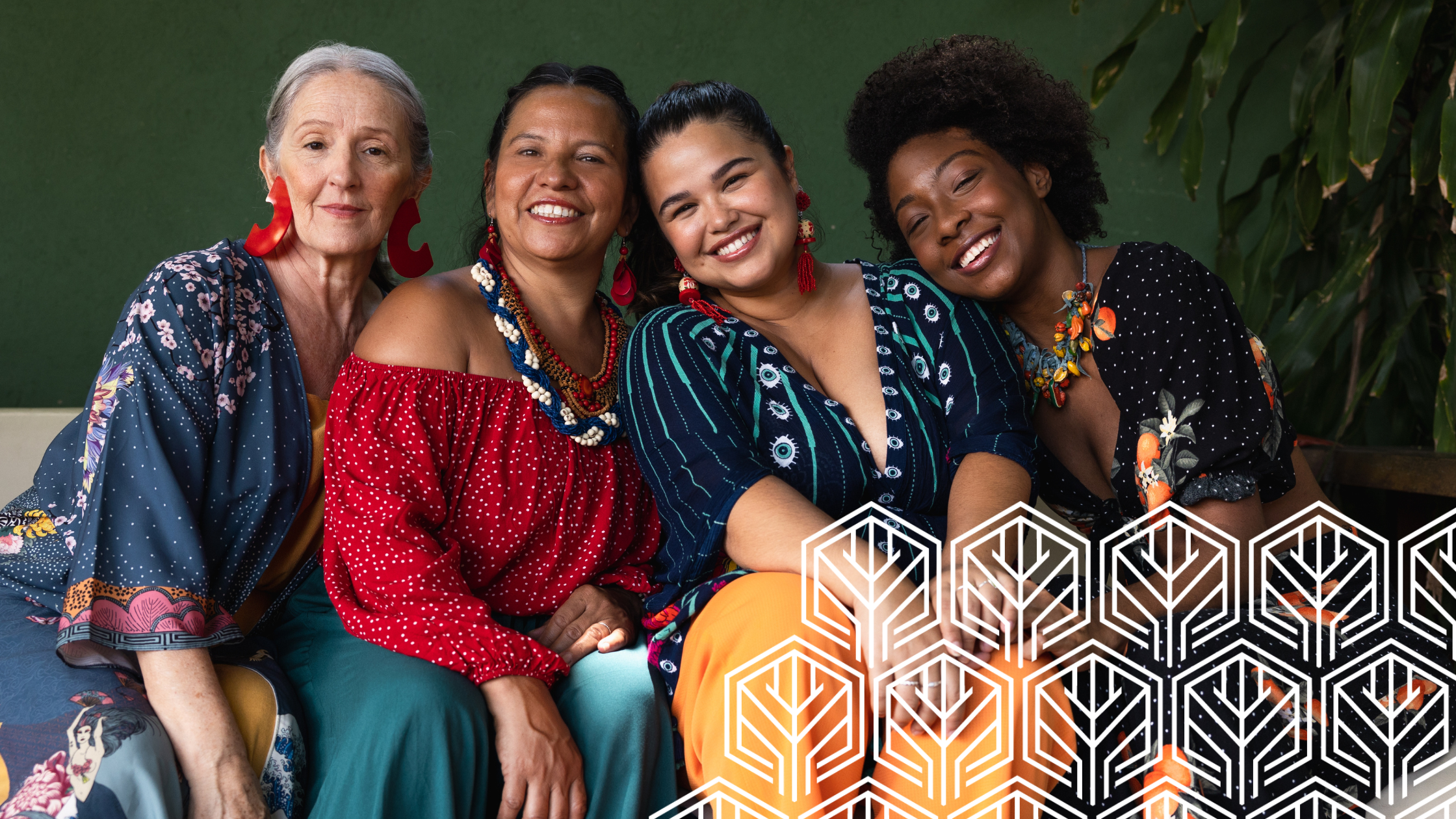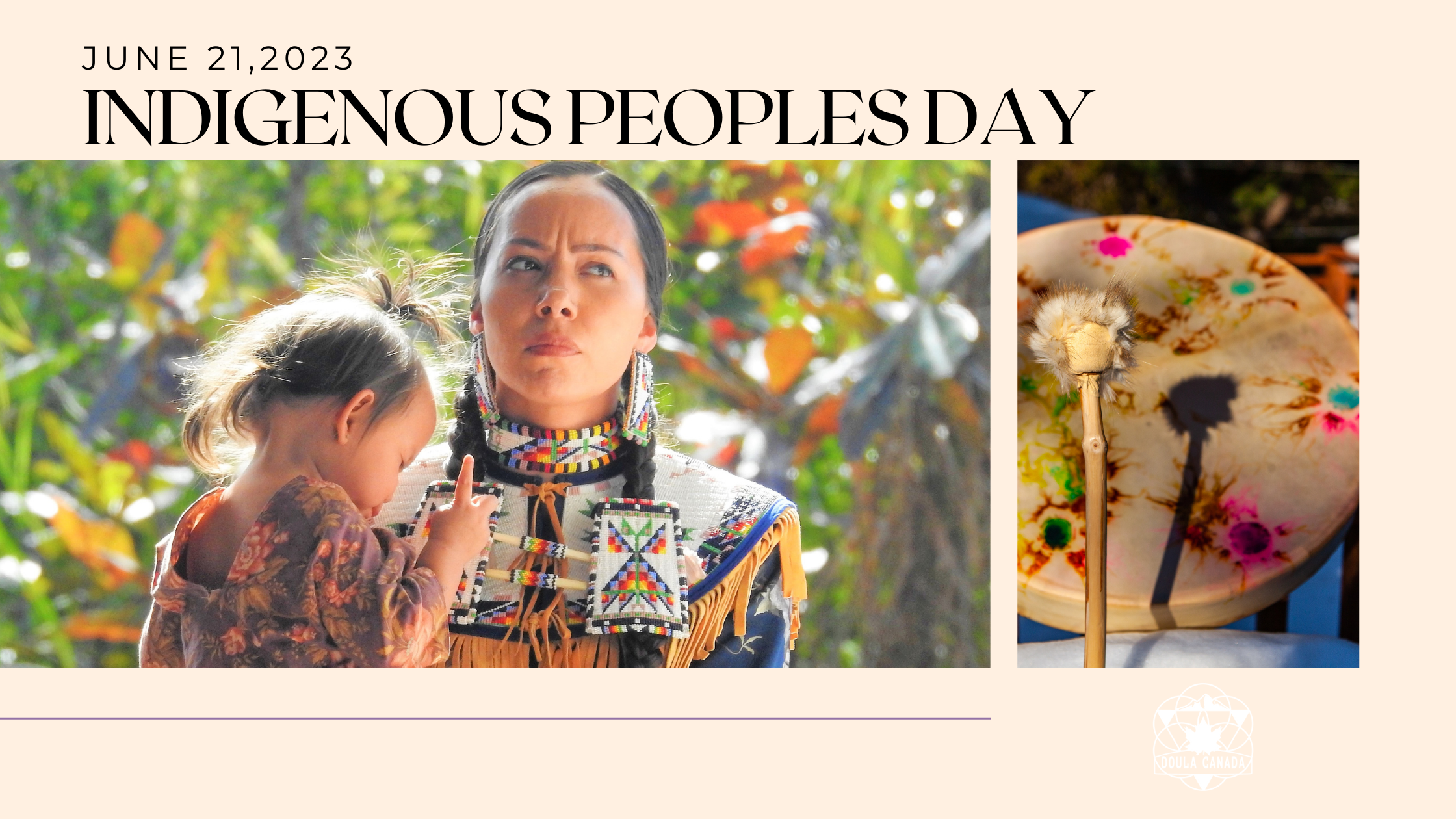[vc_row][vc_column][vc_column_text css=”.vc_custom_1698759996931{margin-bottom: 0px !important;}”]Let Clients Know You are a Safe Person to Disclose to about Intimate Partner Violence
“For one-quarter of women who experience DFV [Domestic and family violence], the violence begins during pregnancy. Where violence was previously occurring, it escalates in frequency and severity during pregnancy and early motherhood.” (Baird et. al., 2021)
Based on this disturbing truth, Baird and many other researchers recommend that all pregnant women be screened for intimate partner and domestic violence. There is a fair amount of controversy and debate within international healthcare systems and among individual providers regarding whether or not to implement this recommendation.
Unfortunately, vulnerable pregnant people and children are caught in the middle of that debate. In Sault. Ste. Marie on Oct 24, 2023, 5 people including 3 children were killed due to domestic violence, renewing calls for intimate partner violence to be declared an epidemic.
We can avoid getting bogged down by debate and discomfort and put the well-being of birthers and families first by being a safe zone for clients to disclose IPV and other trauma. Here are some strategies I’ve used universally to let clients know they can tell me about domestic abuse. I can’t go into details for obvious reasons, but suffice it to say, these strategies work.
I’d love to hear from you in the comments about what you’re doing to support clients to open up about abuse and violence.
Create a Cone of Silence
When couples retain my services, my welcome email explains how each individual can communicate with me confidentially. The email is clearly a template, so it’s obvious that I’m not putting that out there for personal reasons.
Then I initiate a chat with the birther via a communication channel that is obviously exclusive to them and me, usually a chat with a cell phone number that I know is theirs. This strategy isn’t perfect since many abusive partners closely monitor the victim’s communication channels. Still, including this in the welcome email normalizes situations where information should not be shared between partners.
Ask Everyone About Stressors
I ask clients to complete my intake questionnaire individually rather than as a team. The questionnaire invites the client to share about stressors in their home environment. I’m aware that not everyone might answer a question as blunt as “Are you being abused by your partner?” candidly, especially with someone they are still getting to know. Additionally, abuse can take many shapes and often goes unrecognized. Clients disclose a range of domestic issues in response to this question. Even if nothing is shared at that time, it sends a clear message that I am open to talking about practical, social, and emotional aspects of their pregnancy journey.
Leverage One-on-One Moments
Some things come out much more easily face-to-face than they do in other ways. Unfortunately, our work prenatally and postpartum often occurs while both members of a couple are present. I take advantage of times when the birther and I happen to be one-on-one to initiate conversations about the birth and postpartum life. I let all of my birthers know that while I’m here to support them as a team, the buck stops with them. If I have to make a choice, I’m ride or die for the birther.
Have Resources at the Ready if Someone Discloses Abuse
However the birther decides to handle the situation, I make sure I know about local resources that can support them in that choice. This encompasses therapists, organizations that support women to develop safety and escape plans, community legal clinics, and food security resources.
For folks in Ontario, contacting the Assaulted Women’s Help Line is a great way to start figuring out your options to address intimate partner violence. 1.866.863.0511
[/vc_column_text][/vc_column][/vc_row][vc_row][vc_column][vc_column_text css=”.vc_custom_1698759879666{margin-bottom: 0px !important;}”]Keira Grant (she/her) Inclusion and Engagement Lead – Racialized Communities
Keira brings a wealth of experience to the Online Community Moderator role. She is a Queer, Black woman with a twenty-year track record in Equity, Diversity, and Inclusion (EDI) education, projects, and community building initiatives.[/vc_column_text][/vc_column][/vc_row][vc_row][vc_column][vc_single_image image=”520952″][/vc_column][/vc_row]









 Kayt (she/her) Inclusion and Engagement Lead, is an Anishnaabe kwe from Bonnechere Algonquin territory and the owner of Sweetgrass Solace Wholistic Support. Her post-secondary education includes a Bachelor of Social Work and Bachelor of the Arts in Indigenous Studies from Trent University (2021). She is also a certified hatha yoga teacher and a certifying birth and postpartum Doula.[/vc_column_text][/vc_column][/vc_row]
Kayt (she/her) Inclusion and Engagement Lead, is an Anishnaabe kwe from Bonnechere Algonquin territory and the owner of Sweetgrass Solace Wholistic Support. Her post-secondary education includes a Bachelor of Social Work and Bachelor of the Arts in Indigenous Studies from Trent University (2021). She is also a certified hatha yoga teacher and a certifying birth and postpartum Doula.[/vc_column_text][/vc_column][/vc_row]